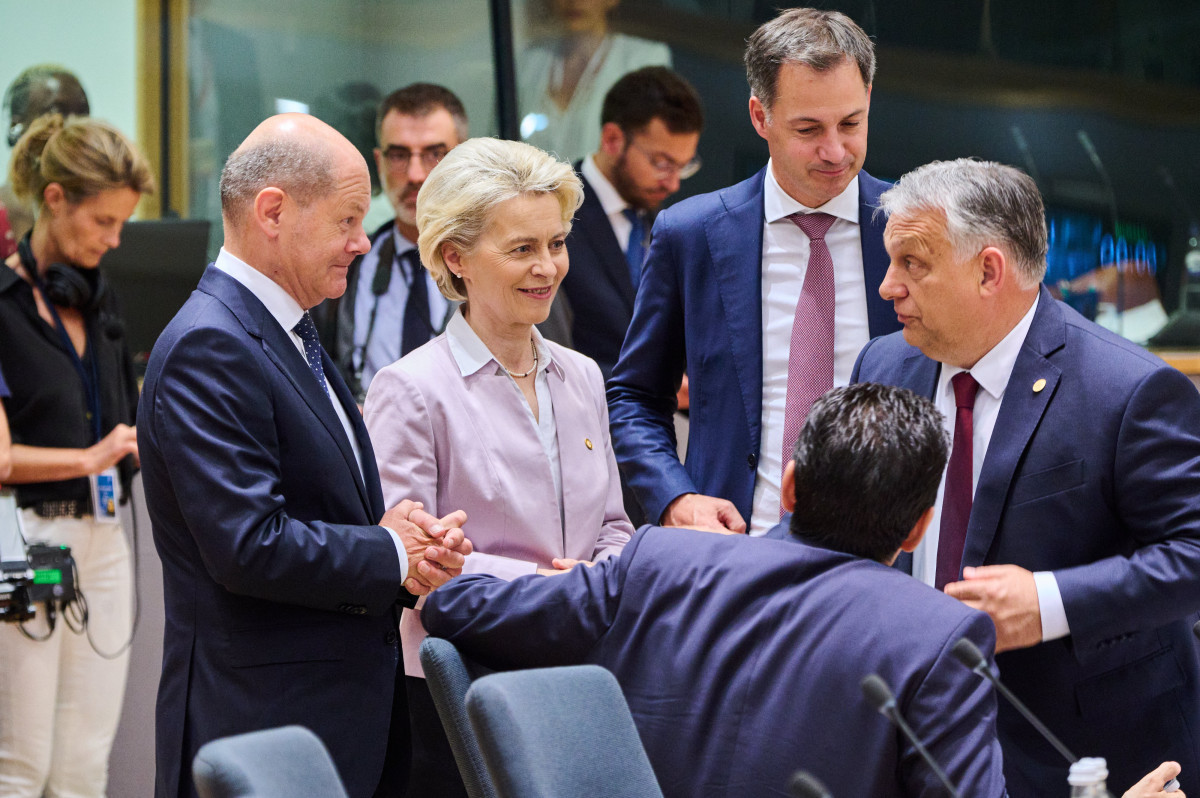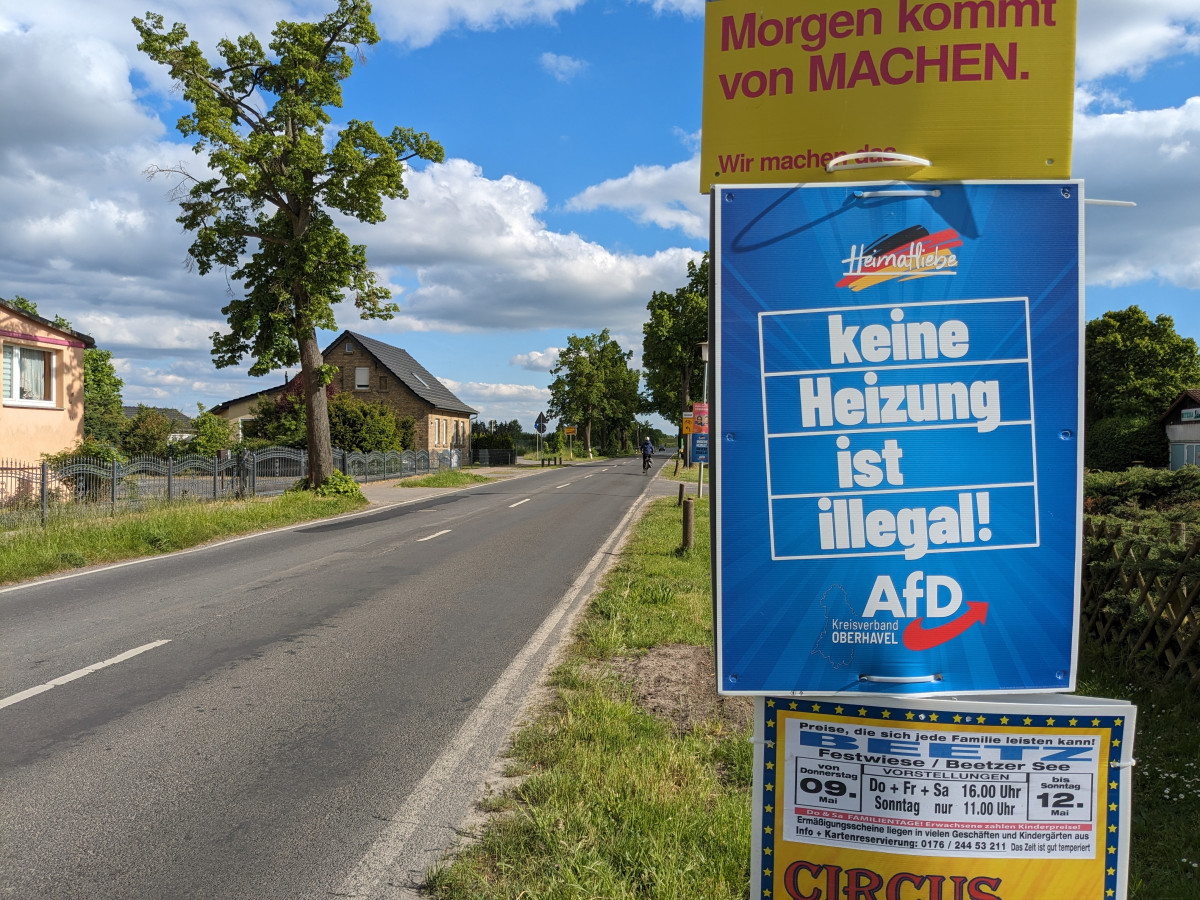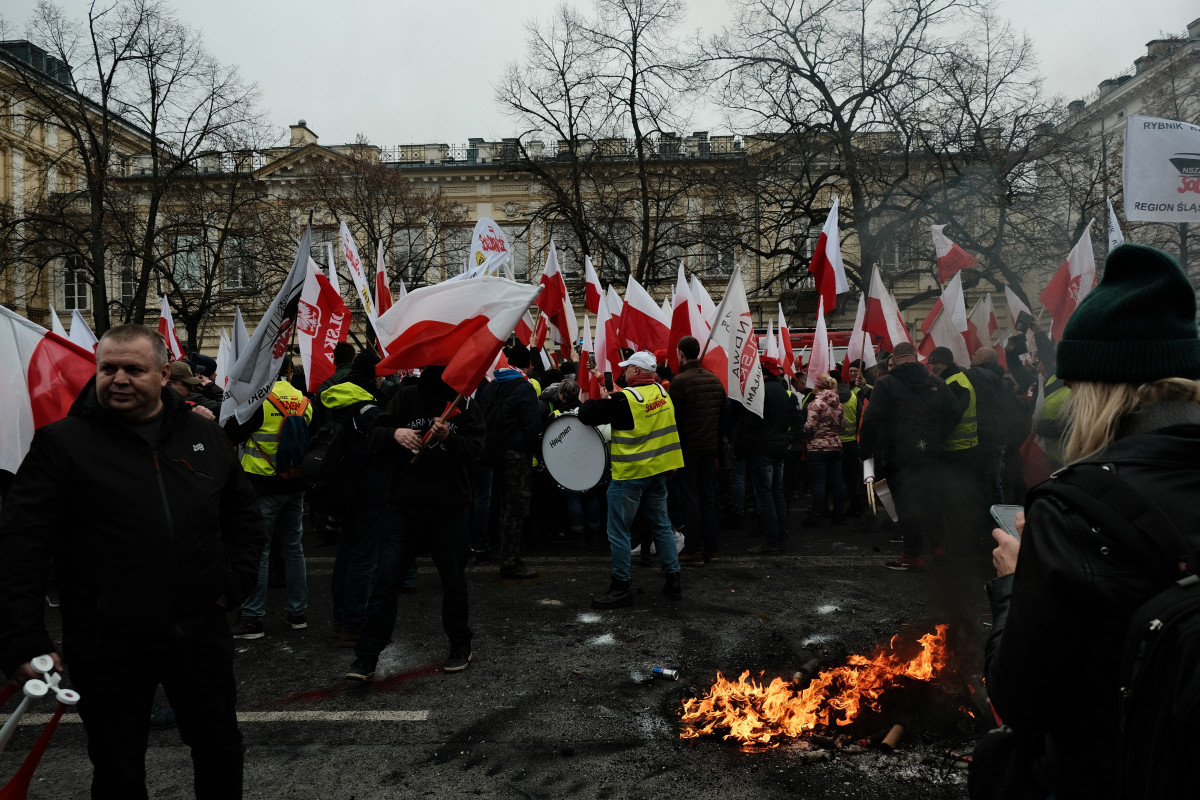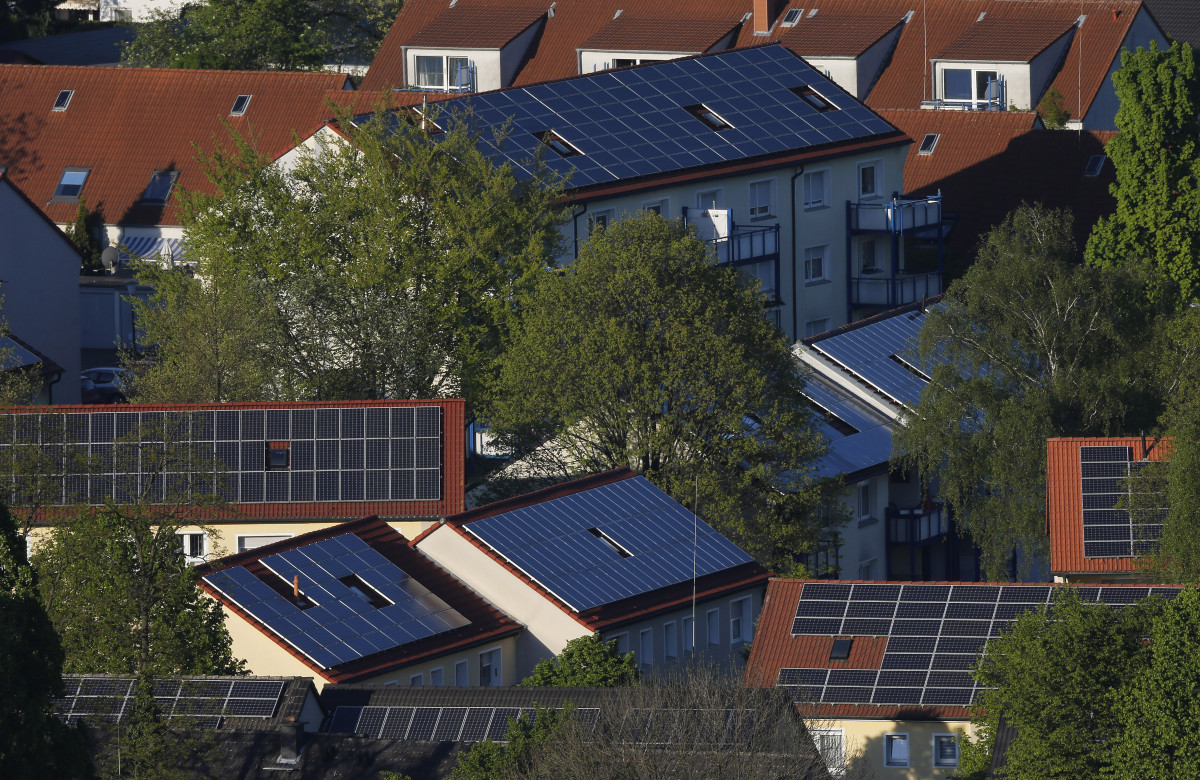Populists in power: A challenge for ambitious EU climate policy
- Contents
- Analysis: Right-wing populists challenge Europe’s climate efforts
- Case study: Orbán’s opportunistic record belies Hungary’s new pro-climate rethoric
- Article: Eastern German states put energy supply in focus in push to counter populists’ rise
- Case study: Populist AfD “sand in the gears” of German climate efforts
- Case study: Farmers’ interests in focus as populists enter Dutch government
- Case study: EU rules limit populists’ damage to climate action in Spain
- Case study: Fear of ousted populists could be enough to stall climate policy in Poland
- Interview: European populists exploit climate view divide between city and countryside – researcher
- Interview: Climate policies centred on social justice counter far-right populist strategies – researcher
- Interview: EU elections will not trigger Green Deal rollback, but future ambition at stake – researcher
***Please note: This dossier on the impact of rising populism on climate efforts in Europe is part of CLEW's wider coverage of the 2024 EU elections. Our focus on the elections includes stories, events, opportunities to get involved, and other tools to support journalists covering the election's impact on climate and energy policy.***
Analysis: Right-wing populists challenge Europe’s climate efforts
Right-wing populist parties opposed to climate action are gaining power and popularity across the European continent and are set to do well in the 2024 European Parliament elections. These parties strongly influence climate narratives and fuel divisive debates. However, a closer look at populist parties in several EU countries shows that their actual impact has been limited by national and EU rules, coalition constraints and a lack of feasibility of their extreme campaign proposals. Still, they have hampered climate policy at the local, regional, and national levels and their influence continues to grow. While climate action is still a priority for a majority of voters in Europe, populists try to exploit scepticism towards specific measures. Researchers call on policymakers to carefully introduce measures that ensure a socially just transition. Read the analysis here.
Case study: Orbán’s opportunistic record belies Hungary’s new pro-climate rethoric
Strong popular demand for climate action and a push towards more energy autonomy in the wake of the war in Ukraine have led Hungary’s populist leader Viktor Orbán to describe himself as an advocate of climate-friendly power generation. But his opportunistic policy track record reveals a lack of real conviction, creating the risk that Orbán could revive his “anti-elite” rhetoric against EU climate action anytime he sees fit, policy experts warn. Read the case study here.
Article: Eastern German states put energy supply in focus in push to counter populists’ rise
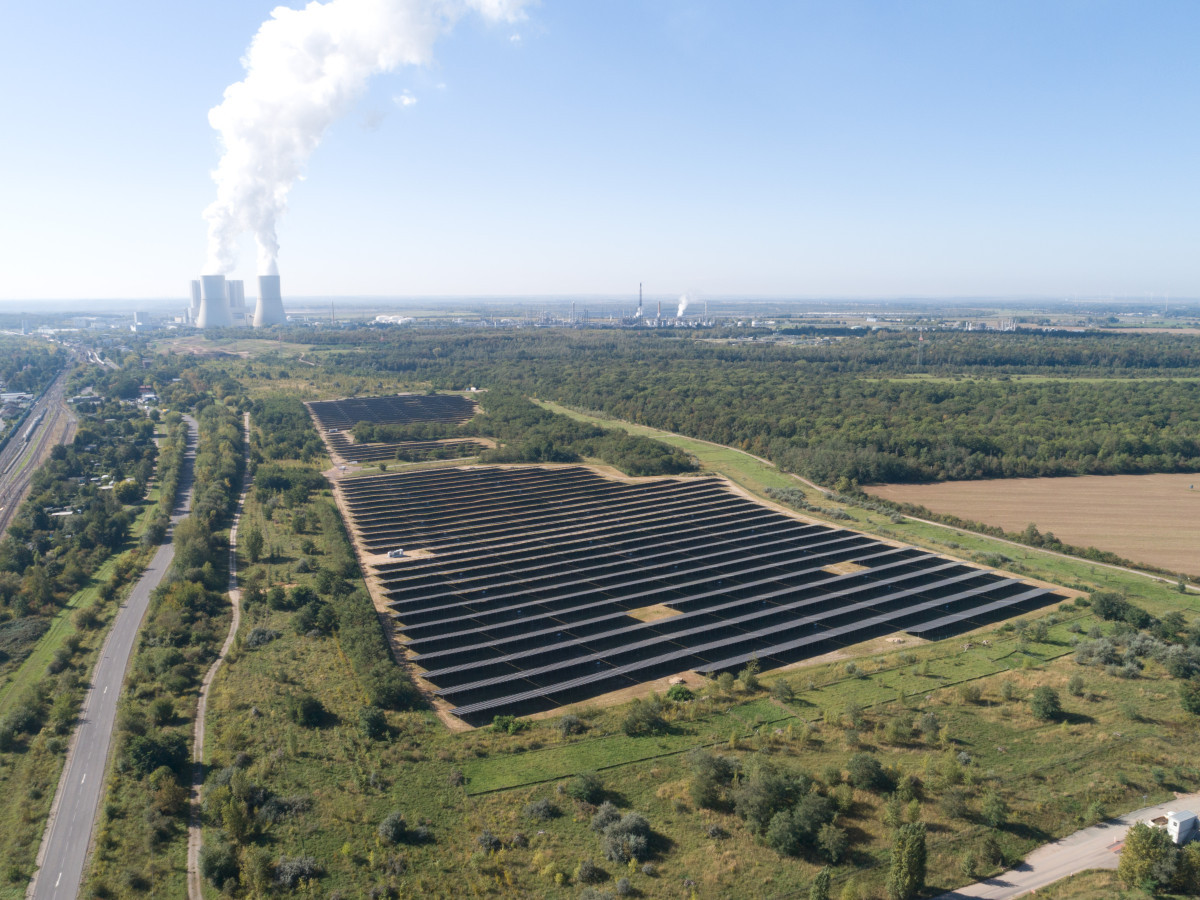
One week after the shock results for East Germany in the European elections, where populist parties made strong gains while the government coalition parties took a beating, chancellor Olaf Scholz met with state leaders from the East to debate urgent policy changes in the region. The eastern state leaders, who fear another major victory for the far-right and nationalist left-wing forces in three state elections later this year, said a successful energy transition will be a key instrument in the bid for keeping voters in the East away from supporting extremist forces. Read the article here.
Case study: Populist AfD “sand in the gears” of German climate efforts
The far-right populist Alternative für Deutschland (AfD) is Germany's only large party to unequivocally reject any action against climate change - but its impact on the country's efforts has been limited. The AfD has not yet entered national or regional governments, and all established parties have ruled out cooperating with the group. Researchers say the party's influence has mostly been confined to debates, causing further polarisation on climate issues. However, even as part of the opposition, the AfD has started to slow certain climate measures at the regional and local level, making it "sand in the gears" of the country's energy transition. Read the case study here.
Case study: Farmers’ interests in focus as populists enter Dutch government
After months of negotiations, politicians in the Netherlands reached a deal to form a new government that will include populist parties: the nationalist Party for Freedom (PVV) and the agrarian-populist Farmer-Citizen Movement (BBB). The plans they have presented put farmers' interests above environmental action, and emphasise energy security and climate adaptation. The PVV and BBB tend to pit rural areas and farmers against political elites in big cities and the EU. With populist parties coming to power at the national level, it remains to be seen whether their strong rhetoric translates into policy and action, researchers say. Read the case study here.
Case study: EU rules limit populists’ damage to climate action in Spain
The impact of a populist party opposed to climate action is starting to make itself clearly felt in Spain. From climate budget cuts to suspending low-emission zones and reversing plans for green taxes: As a partner in several city and regional governments, the country’s leading far-right party, Vox, can apply the brakes to all manner of policies aiming for emission cuts, even though it is not part of a national government. But – for now – Vox’s ability to harm the fight against climate change is limited by national and EU legislation, analysts and activists say. Read the case study here.
Case study: Fear of ousted populists could be enough to stall climate policy in Poland
The election victory of the pro-EU coalition led by former European Council president Donald Tusk in late 2023 stirred high hopes for the start of serious climate policies in Poland after an eight-year lull during the rule of the right-wing populist Law and Justice party. But disenchantment has already started to spread, as researchers see the government shying away from ambitious action due to fear of a backlash driving voters back into the arms of the populist party. Experts argue the government can still make rapid progress if it manages to repackage climate policies to showcase the benefits for people feeling left behind. Read the case study here.
Interview: European populists exploit climate view divide between city and countryside – researcher
Europe is set to face a climate backlash caused by the divide between urban and rural views, with populists increasingly capitalising on rural resistance against policies seen as elitist, argues Daphne Halikiopoulou, Chair of Comparative Politics at the University of York. Mainstream parties are increasingly prepared to collaborate with populists, giving them the opportunity to implement their legislative agendas, says Halikiopoulou. But this does not necessarily imply a complete overhaul of climate policy, as these parties often must tone down their extremist narratives once in power. A just transition to ensure that people who face disadvantages from climate policies are compensated will become increasingly important, she says in this interview.
Interview: Climate policies centred on social justice counter far-right populist strategies – researcher
Democratic parties across Europe should treat climate policies as a matter of social justice to combat the increasing threat of far-right populist politicians who oppose strong climate action, says Linus Westheuser, sociologist at the Humboldt University in Berlin. This approach – rather than trying to change people's daily routines – is the best way to counter right-wing populists who seek to turn climate debates into a culture war between ideological city elites and the average voter worried about petrol prices. Germany still boasts a strong centre in society with middle-of-the-road positions, and a majority agrees that "those who have more should contribute more to fighting climate change," says the researcher. While the topic of climate has become much more politicised in the past couple of years, there is general consensus that something must be done about it, he told Clean Energy Wire. Read the interview here.
Interview: EU elections will not trigger Green Deal rollback, but future ambition at stake – researcher
The European Parliament elections this week (6-9 June) are unlikely to cause a big rollback of existing EU Green Deal legislation, but a projected shift to right-wing – and often climate action sceptic – parties could lower ambition going forward, researcher Philipp Jäger says. Still, in EU policymaking, the European Parliament is only one actor, with member state governments also playing an important role, especially as the union has turned its focus on implementing the agreed policies, Jäger says. That also means that the regional and local levels are increasingly important, and climate sceptic and populist parties there can hamper the rollout of needed implementation quite a lot, the policy fellow at the Jacques Delors Centre think tank says. Read the interview here.


